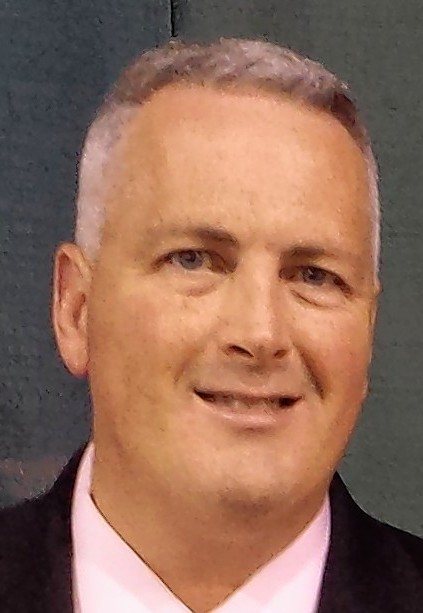
Editor’s note: Bruce N. Johnson is chief executive officer of Nicasa Behavioral Health Services. Johnson retired from law enforcement after more than 20 years. He is chairman of Lake County Underage Drinking and Drug Prevention Task Force, co-founder of Lake County Opioid Initiative, vice president and board member of Lake County Youth Empowerment Success (YES) Coalition, and founder of the Mano a Mano Family Resource Center. He is also an adjunct faculty professor and consultant for several institutions, and retired as a chief warrant officer after more than 28 years in the United States Marine Corps Reserve.
As the CEO of Nicasa Behavioral Health Services, I am often asked about the signs and symptoms of teen drug use.
As a parent, you know your child best. As your child matures, some changes are definitely a normal part of development.
You should, however, be concerned if your child suddenly becomes withdrawn, spends less time with the family and more time alone in the bedroom. Mood swings, including irritability, hypersensitivity, defensiveness, argumentativeness and anger, may also be signs of youth substance use.
Other signs may be changes in your child’s physical appearance — poor personal hygiene, bloodshot eyes, slurred speech and lack of coordination can all be signs of youth substance use.
While pushing boundaries is part of growing up, be aware of excessive rebellious behavior in your child. If they don’t return home when they should or leave without permission, you should be concerned. You should know where your child is and who their friends are. Make sure you notice if household money or valuables go missing, as well as alcohol and medication. Does your child become defensive when asked about alcohol and drugs?
Lastly, are there social changes and worsening school problems? Has your child changed friends or lost interest in those who have been friends since childhood? Is your child rebellious toward authority figures? Does your child show little interest in pursuing activities he/she used to enjoy. Keep in touch with your child’s school. Poor attendance, lower grades and an “I don’t care” attitude can all be indicators of youth substance use.
If you notice several of these signs at the same time, if they occur suddenly or if some of them are extreme in nature, that may be cause to look deeper and possibly take action.
Along with the physical and behavioral signs, the teen bedroom can indicate alcohol/other drug use. You may want to seek help if you find: items to smoke marijuana such as pipes, rolling papers, burned pop cans, filters, clips, matches, lighters, etc.; the presence of alcohol, shot glasses, beer bottle caps, etc.; or prescription medicine not prescribed to your child.
Many parents who suspect alcohol/drug use hug and kiss their child often to ensure they can smell suspect odors. As the father of three, I can attest teens just love this.
Remember, parents are the number-one reason teens choose to be alcohol- and drug-free. Talk to your child today about the dangers of drinking alcohol and using other drugs. Most of our youth make healthy choices and do not drink alcohol, do not smoke cigarettes or marijuana, or use other drugs.
Contact Nicasa Behavioral Health Services at (847) 546-6450 or at www.nicasa.org



